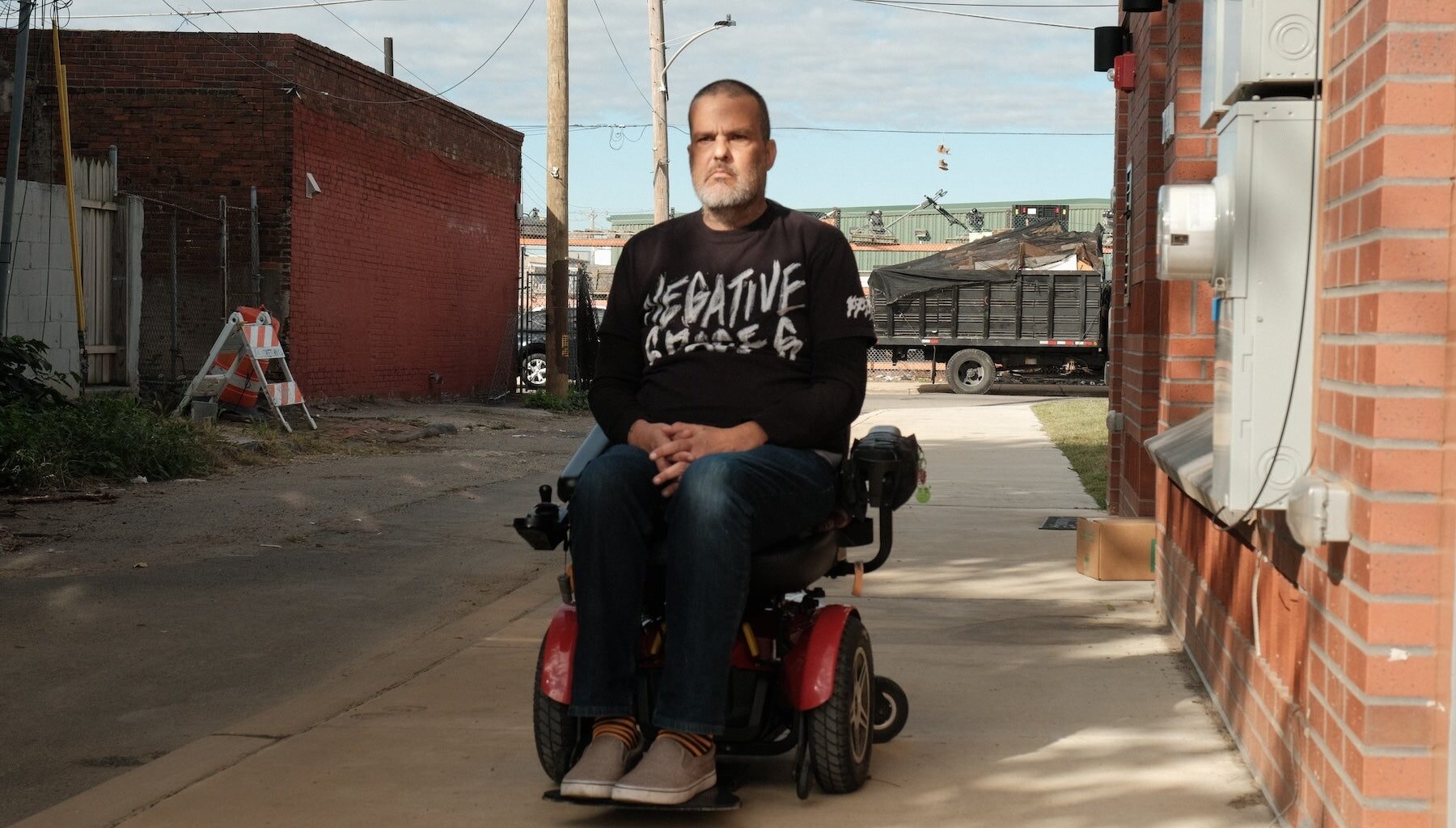Tess Galen said she “can’t imagine what it’s like for wheelchair users” who travel on city sidewalks. The Brewerytown resident has struggled to push her child in his stroller, often crossing the street to avoid obstacles like trash, cones and illegally parked cars.
Galen added that sometimes it’s not even an obstacle in her way that’s the problem — it’s the sidewalk itself.
“There are some places I walk where the sidewalk in front of someone’s home is completely torn up or missing,” Galen said. “Who’s responsible for that?”
When Philadelphia settled an Americans with Disabilities Act lawsuit in 2022, the city promised to build 10,000 curb ramps over the next 15 years. However, the city did not agree to do anything about the deteriorating state of the walkways. In fact, according to its definitions, Philly is not responsible for any sidewalk maintenance. Sidewalks in the city are private property and owners are held responsible “to maintain them in safe and sanitary conditions,” according to the city’s website.
“The city seems to be taking a position that not many other municipalities are,” said Rocco J. Iacullo, staff attorney at Disability Rights Pennsylvania. “Essentially, it’s all private responsibility for the sidewalks.”
By claiming that all sidewalks are private property, passing on the obligation of sidewalk and curb maintenance to building owners, Philly is trying to claim it’s “never their responsibility” to fix these walkways, even if they’re not ADA-compliant, Iacullo said.
“The city is trying to have their cake and eat it too,” Iacullo said.
The city of Denver had a similar situation with property owners being responsible for sidewalk maintenance. That is, until this year. In January, the onus of walkway repair was given to the city. In a new program, Denver will now repair and be liable for broken sidewalks, collecting a yearly $150 fee to fix them.
Philadelphia could follow Denver’s example and publicly fund sidewalk repair. Advocacy groups like Clean Air Council and Feet First Philly have campaigned for this kind of funding, but the city has yet to make any moves to do so.
 A chunk of the sidewalk is missing from the sidewalk on Oakford Street in Grays Ferry. (Ben Bennett/WHYY)
A chunk of the sidewalk is missing from the sidewalk on Oakford Street in Grays Ferry. (Ben Bennett/WHYY)
Preparing for the U.S. semiquincentennial
With the 2026 World Cup and a host of other events set to bring millions of people to Philadelphia, disability rights advocates have demanded increased accessibility. The city is not only looking to make improvements to infrastructure around Lincoln Financial Field, but in neighborhoods, as well, according to Department of Streets Commissioner Kristin Del Rossi.
“Hopefully it leaks over here,” Keiper said when discussing the upgrades the 2026 happenings could bring. He said Philly’s neighborhoods seem to be an afterthought when it comes to accessibility issues.
“People in South Philly make it like a joke a lot of times, it’s just a South Philly thing,” Keiper said. “If they had to deal with it, they would lose their mind.”
